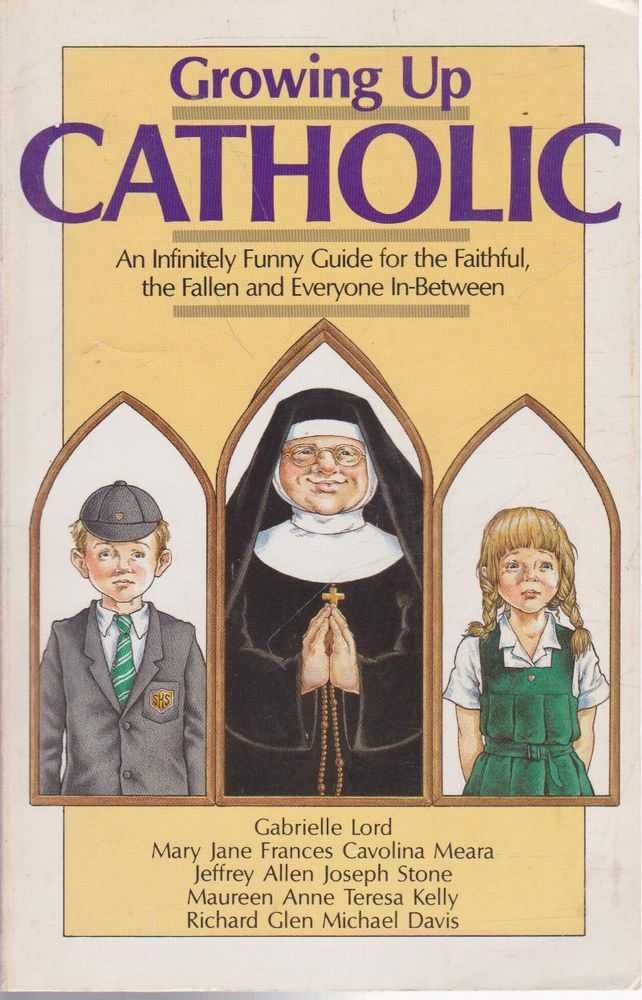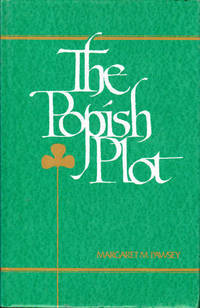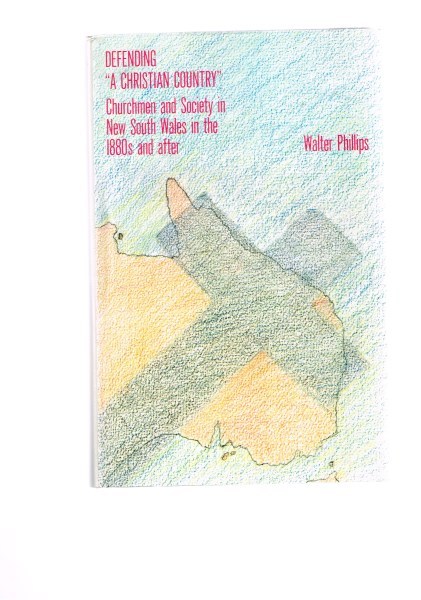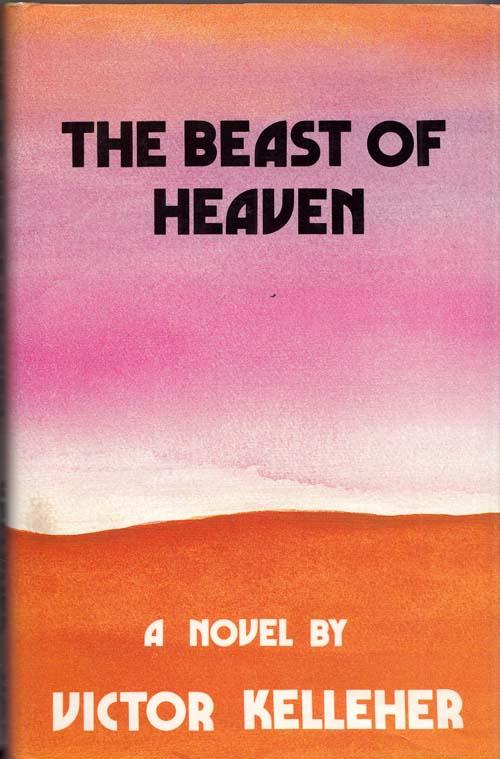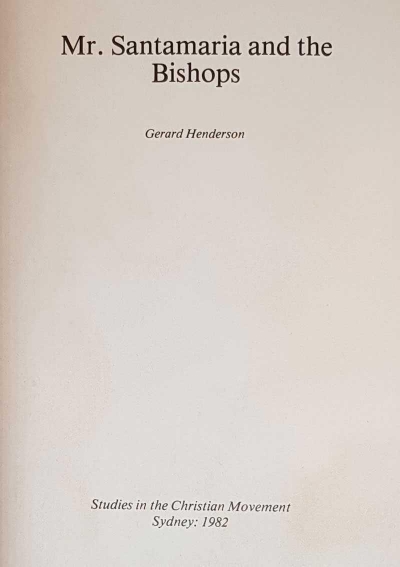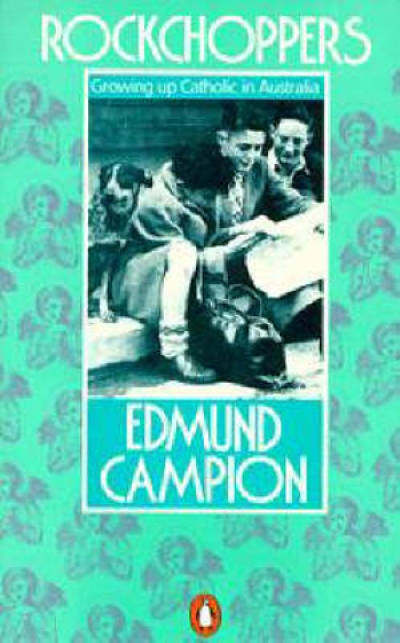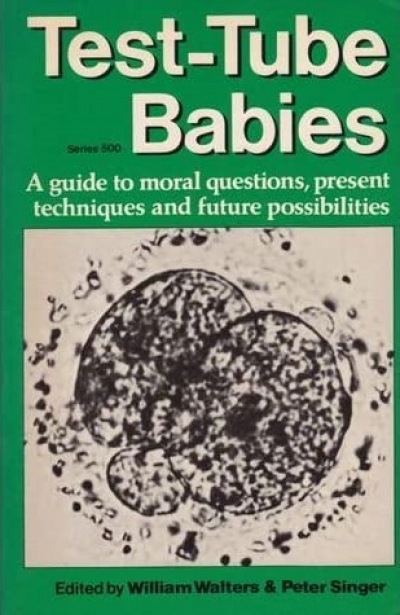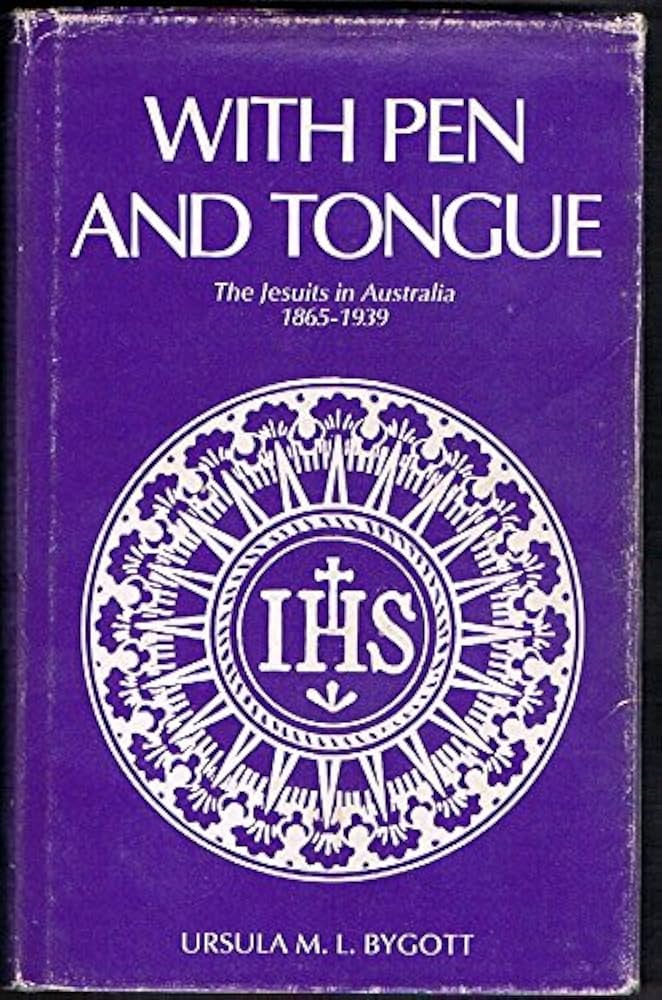Religion
Growing Up Catholic: An Infinitely Funny Guide For The Faithful, The Fallen And Everyone In-Between by Gabrielle Lord et al
Back in the days of innocence, it was possible to choose ‘Imelda’ as one’s Confirmation name. I know. I did it. I was inspired by the touching tale of Saint Imelda’s life, not to mention her typically tragic and early death. At the time it seemed a good balance for ‘Dymphna’. If you were not aware that Saint Dymphna is the Patron Saint of the mentally ill (and latterly of at least one incest support group) you will be enlightened by Growing Up Catholic.
... (read more)Judaism teaches that antisemitism is ultimately rooted in hatred of God, and that hatred of the Rabbis by ignorant Jews exceeds that of heathens, hence the worst antisemites (e.g. Karl Marx) are often renegade Jews.
Alfred Zion reveals his misunderstandings of Judaism even before his novel, The Merchants of Melbourne, begins. His Hebrew/Yiddish-English glossary translates Torah as “Pentateuch, the five books of Moses”, and Yiddishkeit as “Yiddish culture”. In fact, Torah means the whole body of Jewish teaching of which the Pentateuch consists of “mere notes”. Yiddishkeit means Jewish religious teaching and observance. Such misleading translations are matched by malicious caricatures of Rabbis. Saul, a learned Jew of rabbinic status, believed “everything was pre-ordained, even the good and evil that befell you. Struggling against one’s fate was therefore a wasted effort, if not a contradiction of God’s will” (p.97). This is the opposite of the Jewish doctrine of free will and personal responsibility.
... (read more)Dr Pawsey’s The Popish Plot is a history of what never was – a popish plot to take over Victoria around 1860 to 1863. It makes fascinating reading. It is also quite partisan.
Considered from one angle this is the tale of four exceptional years, 1860-1863, when Victoria’s catholics suffered the full assault of protestant bigotry on a lavish and unprecedented scale. Protestants reminded catholics that they were welcome to settle in Victoria so long as they did not covet the place occupied by their ruling Anglo-protestant hosts.
... (read more)Defending ‘A Christian Country’: Churchmen and society in New South Wales in the 1800s and after by Walter Phillips
Mapping the boundaries of relationships between church and state is a vital part of religious history. Walter Phillips makes a major contribution to our understanding of the changes which followed the ending of state aid in the nineteenth century. The pressures of voluntaryism made the retention of vision of a Christian country very hard, for protestant individualism and denominational competition made the shaping of a common ethos impossible. Nevertheless, Phillips makes it clear that the protestant churches, through their leadership, put up stiff resistance to the trends of the times.
... (read more)The dawn and the evening of the world, alike, are seeding-grounds of myth and archetype: the distant past, when chthonic Ancestors are imagined to have emerged from a landscape of rocks and dust – the post-holocaust world of the future, where a landscape of rocks and dust is imagined to have emerged as fruit of hidden and poisonous seeds within the human psyche.
... (read more)Mr Santamaria and the Bishops: Studies in the Christian movement by Gerard Henderson
Gerard Henderson takes as the subject of this important book the relations between the bishops of the Catholic Church and its lay organisation, the Catholic Social Studies Movement during the period from 1940 to the 1960s. The study is particularly welcome as neither Church nor Movement were given to public self-exposure. Henderson, by using the files of the National Civic Council and the minutes of relevant episcopal committees, has given us an insight into the conflicts within the church over its role in political activity in this period
... (read more)Rock Choppers: Growing up Catholic in Australia by Edmund Campion
The decisive influence on Australian politics and culture has been the fact that our society has always included a large minority who, even if they considered themselves British, were definitely Irish and not English. The fact that this minority has been Catholic and, as a result, has felt itself discriminated against, has shaped the church into an Irish rather than a European mode, so that, as Campion points out, not only was to be Irish to be Catholic, but to be Catholic was to be Irish.
... (read more)Test-Tube Babies edited by William Walters and Peter Singer
The Monash University team at the Queen Victoria Hospital in Melbourne has achieved great success in its endeavours to relieve infertility by the production of ‘test-tube babies’. This collection explains what goes on, discusses moral and legal problems relating to the programme, and gives a preview of what might lie ahead. The contributors include members of the medical team, their clients, and moral philosophers and theologians.
... (read more)Powers, Plumes and Piglets edited by Norman C. Habel & Kuru Sorcery by Shirley Lindenbaum
In Papua New Guinea, no one dies from natural causes except, perhaps, some foreigners. At least, that is what every islander believes. Even a lifelong active Christian such as Mr Justice Narakobi’s mother, on her deathbed, attributed her fatal asthma to sorcery.
... (read more)With Pen and Tongue: The Jesuits in Australia 1865-1939 by Ursula Bygott
The Jesuits are, whatever else you might say about them, formidable. Dr Bygott quotes Francis Bacon, who believed that the Jesuits as teachers ‘are so good that I wish they were on our side’.
... (read more)

